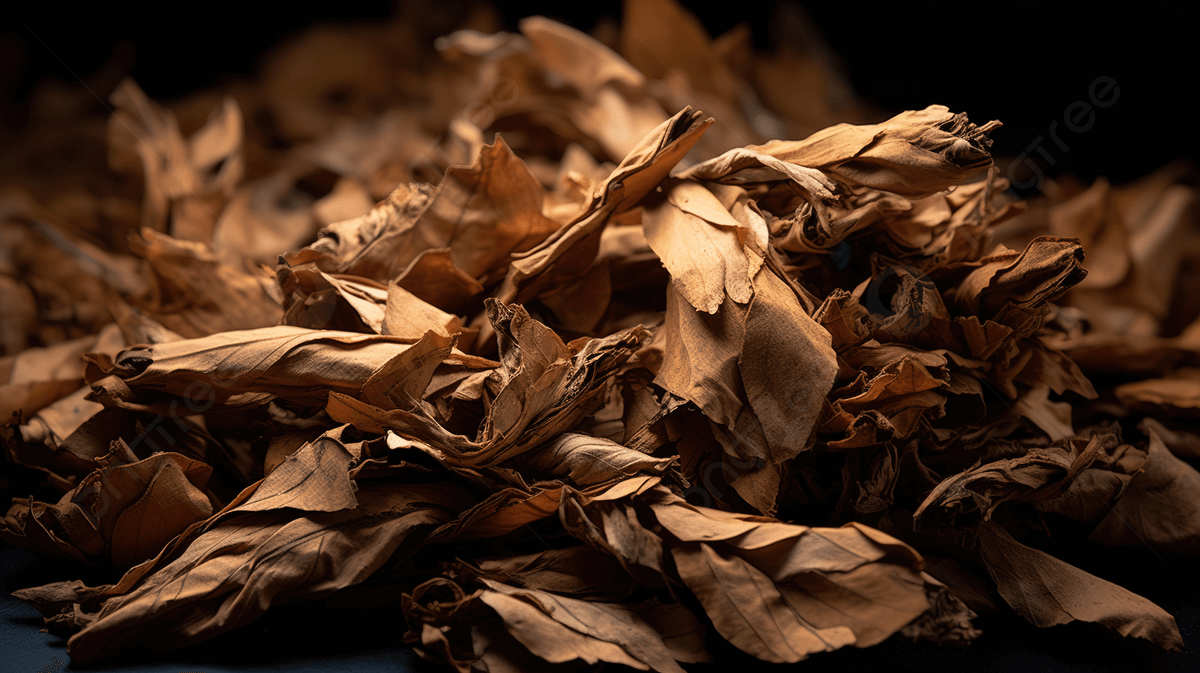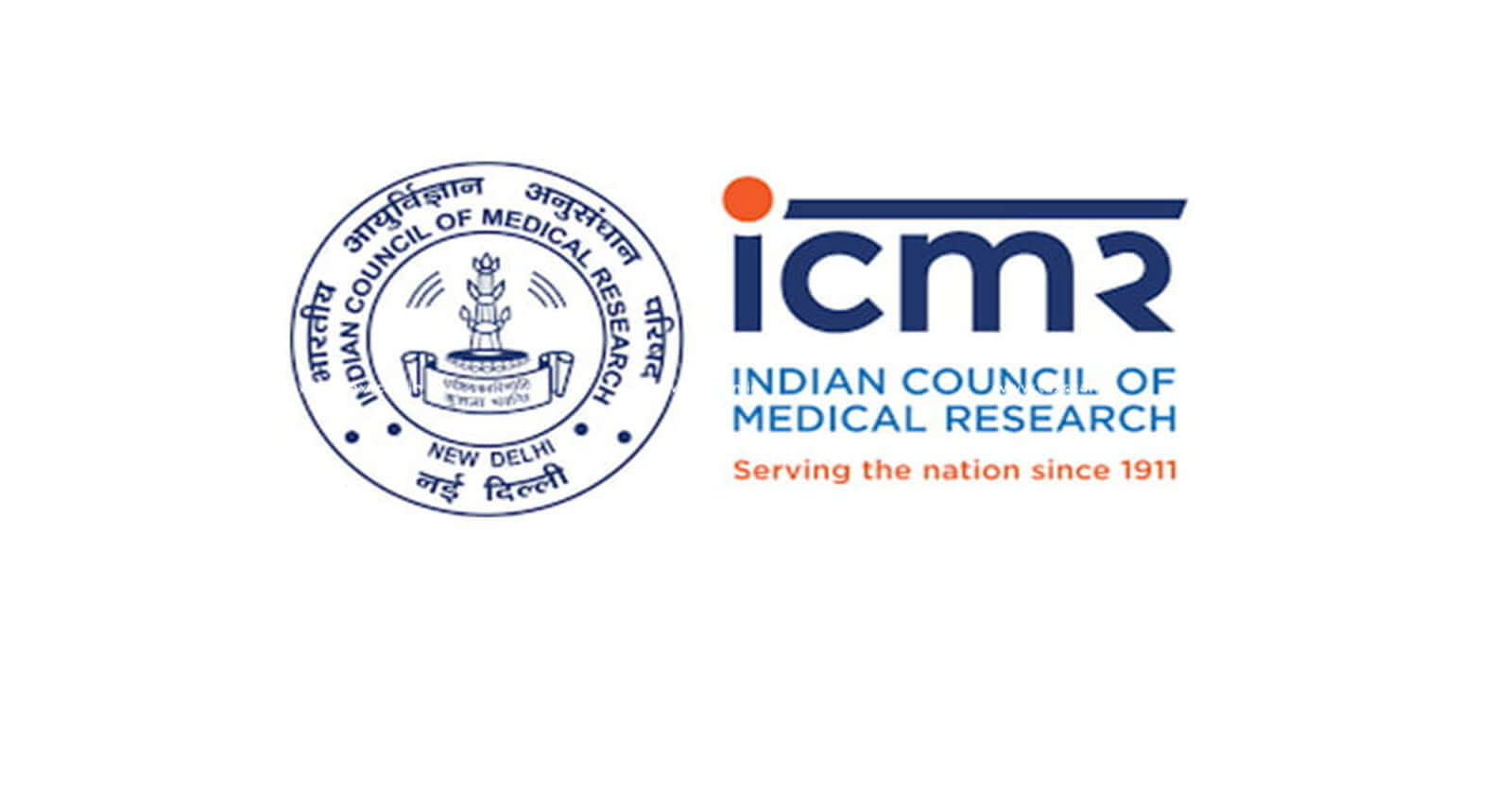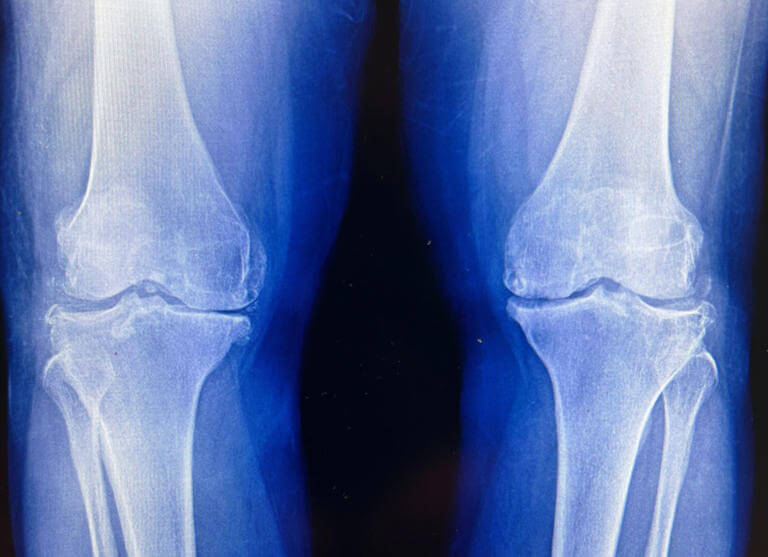Research finds tobacco leaves causing cancer, can also combat it
Mon 04 Sep 2023, 01:26:00

Research by a team of scientists from various countries, including an alumnus of Allahabad University (AU), has found a compound derived from tobacco leaves that might possess the potential to combat multiple forms of cancer.
The findings offer a striking contrast because tobacco usage, according to WHO, is accountable for a quarter of all cancer related fatalities worldwide and remains the primary cause of lung cancer.
The remarkable discovery by AU alumnus Amit Dubey, along with Indian scientist Aisha Tufail and Malaysian researchers Miah Roney and Prof A K M Moyeenul Huq, has been published in the “Journal of Biomolecular Structure and Dynamics”, a publication of Taylor and Francis Ltd in the UK.
According to the study, a singular anti-cancer compound termed
“4-[3-Hydroxyanilino]-6,7-Dimethoxyquinazoline” can be extracted from tobacco leaves, exhibiting no discernible side effects.
“4-[3-Hydroxyanilino]-6,7-Dimethoxyquinazoline” can be extracted from tobacco leaves, exhibiting no discernible side effects.
“The proliferation, survival, adhesion, migration, and differentiation of cancer cells are all significantly influenced by the epidermal growth factor receptor (EGFR). The walls of tumour cells contain EGFR. They require this protein to survive and develop,” explained Amit Dubey.
The research team used a collaborative approach to screen drug bank compounds targeting the EGFR protein.
This was facilitated through the drug bank, a comprehensive, free-access online database maintained by the University of Alberta and the Metabolomics Innovation Centre in Alberta, Canada, from which the team sourced the compound found in tobacco leaves for their study. Amit is senior scientist at Quanta Calculus Pvt Ltd in Greater Noida.
No Comments For This Post, Be first to write a Comment.
Most viewed from Health
AIMIM News
Latest Urdu News
Most Viewed
May 26, 2020
Can Lionel Messi's visit boost Indian football?
Latest Videos View All
Like Us
Home
About Us
Advertise With Us
All Polls
Epaper Archives
Privacy Policy
Contact Us
Download Etemaad App
© 2026 Etemaad Daily News, All Rights Reserved.

























.jpg)
.jpg)
.jpg)


